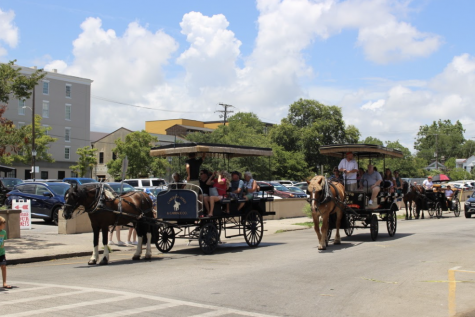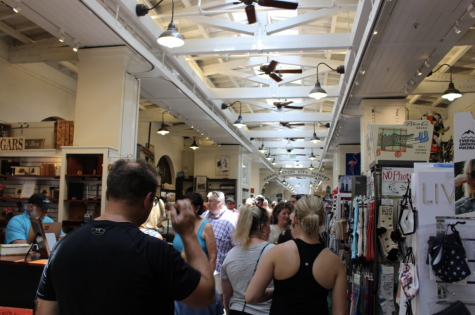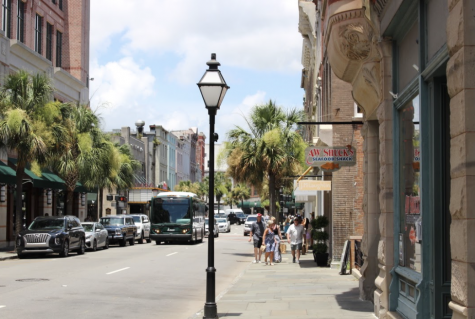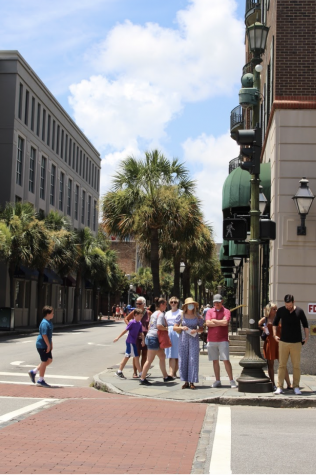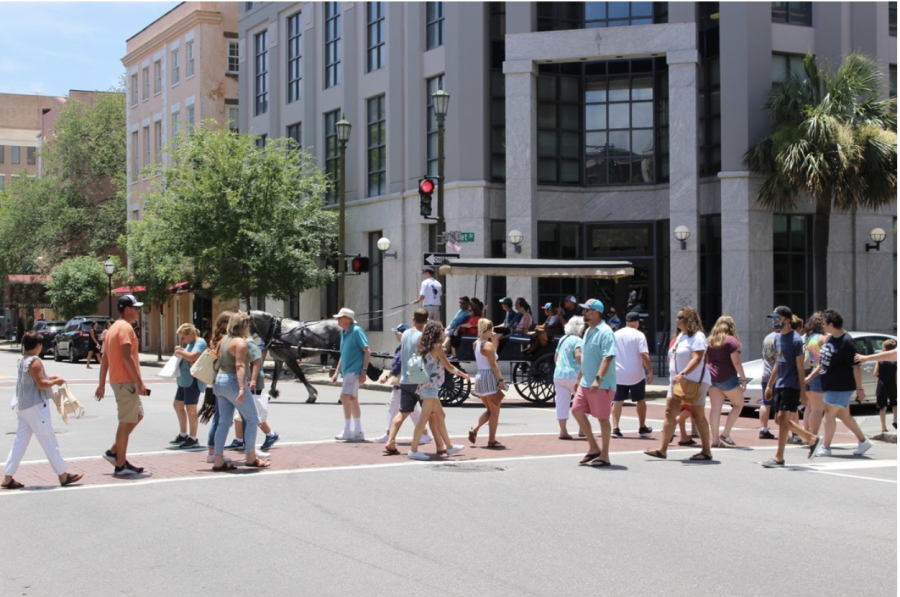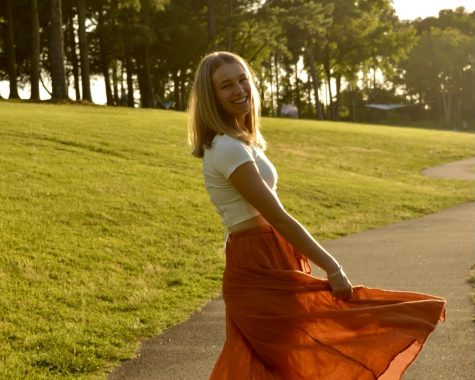In Charleston, South Carolina, longing for normalcy reflects nationwide struggle
August 1, 2021
Tourists keen to take advantage of the warm July afternoons have been flooding popular destinations in Charleston, S.C. as of late. On the streets large groups clustered at crosswalks and inside busy restaurants and stores; in the famous Charleston City Market, a series of partially-indoor sheds which boast a multitude of vendors, mostly maskless crowds rubbed shoulders.
Charleston, known for its good food, Southern charm and historic landmarks, is hugely reliant on the tourism industry. In 2019, the city hosted 7.43 million visitors, which generated almost ten billion dollars. In 2020, when the coronavirus raged across the country, revenue generated by tourism shrank by a third.
Daniel Riccio, Charleston’s Director of Livability and Tourism, noted the toll the pandemic took on the city and his own workforce.
“Everybody had to pivot,” Riccio said. “You had to improvise and adapt and overcome the situation. First of all, the impact was on our employees. We shut down. The whole city shut down.”
Now, the city is opening back up. In accordance with CDC guidelines, fully vaccinated people no longer have to wear masks, and most pedestrians on King Street chose to peruse the market without them. In stores, restaurants and coffee shops along and just off the main strip, it was much the same. Heavy vehicular traffic in and out of the city told a similar story — Charleston is returning to normalcy, or at least a version of it.
For business owners, the increase in activity has been welcomed. City Councilmember Jason Sakran is himself a business owner. His restaurant, Bon Banh Mi, has Charleston and Mount Pleasant locations. The Charleston location has seen more traffic recently.
“Business has been good throughout Covid, believe it or not, because we really pivoted,” Sakran said. “But the past two months, we’ve seen a significant uptick in business. People are just out trying to basically celebrate that they don’t have to wear a mask anymore, or they have some extra money.”
Charleston is following a trend that can be seen across the country as the pandemic eases and vaccines become widely available. According to the Economist’s Global Normalcy Index, the United States is ranked No. 12 in the world for normalcy. It sits at an activity level of 77.7, down from the average pre-pandemic level of 100.
That level is going up, though. In the past two weeks, the U.S. has gained 2.6 points on the scale. The data reflects the reality that many in the country see an end to the pandemic in sight, and with it, an end to social distancing, mask requirements and closures.
However, the Delta variant may signal a new beginning, not an end. On July 27, South Carolina state health officials said that fully vaccinated individuals should wear masks in areas with high transmission, following new CDC guidelines. For a city whose streets have recently operated almost as if normal, the new guidelines pose a starkly different alternative.
From a City Council perspective, Sakran remarked upon the challenges presented by new variants of the virus, specifically this more virulent Delta variant.
“The health and safety issues [are concerning], of course, [now that we’re dealing with] these variants,” Sakran said. “They will negatively impact our ability to get back to normal.”
The continuing impact of COVID-19 itself has, to Sakran, exposed policy problems lying beneath the surface of the health emergency. He noted that the pandemic has accentuated some of the problems that Charleston’s small businesses face on a daily basis.
“One of the reasons I ran [for City Council] is that I felt the city was not doing enough for small business owners,” he said. “We don’t do enough. And COVID-19 ripped the band-aid and really shone a light on the lack of support we have for small businesses.”
Despite the underlying problems, the city seems to be itching to get back to normal. The street view belies that the city is not fully open. Riccio’s office operates in a hybrid format, taking public health guidelines into account.
“Until we’re able to function fully, that could [be several] years,” he said. “A lot of people, obviously, think that it’s over because you can move about more freely. It’s not over. We’re still fighting the unknown.”
But walking on King Street a few weeks ago, it’d be hard to realize COVID-19 still existed at all. The recent rise in cases as a result of the Delta variant certainly threatens that new reality. The city, like the rest of the country, is grappling with the threat that its near-normal summer might be coming to a close.
